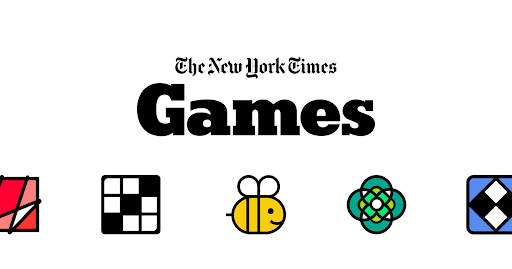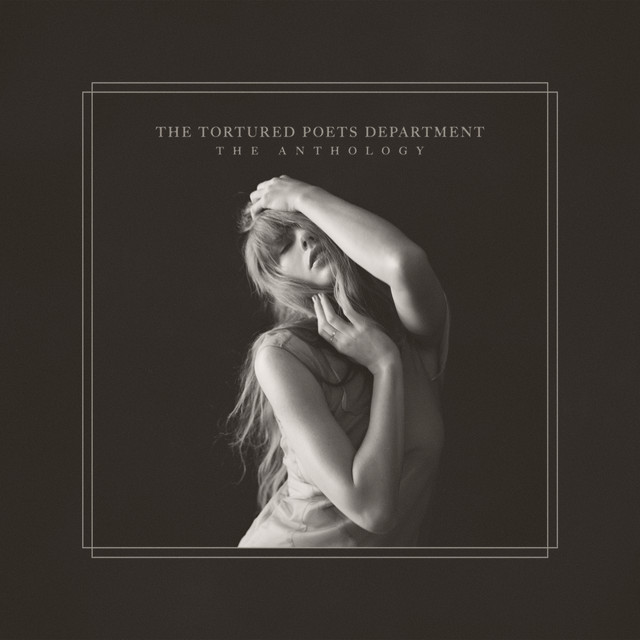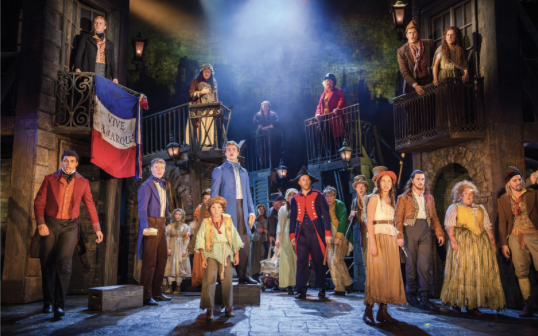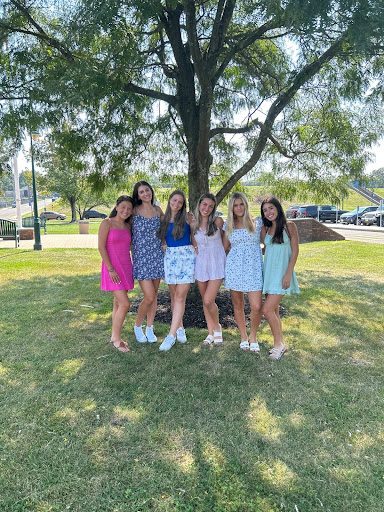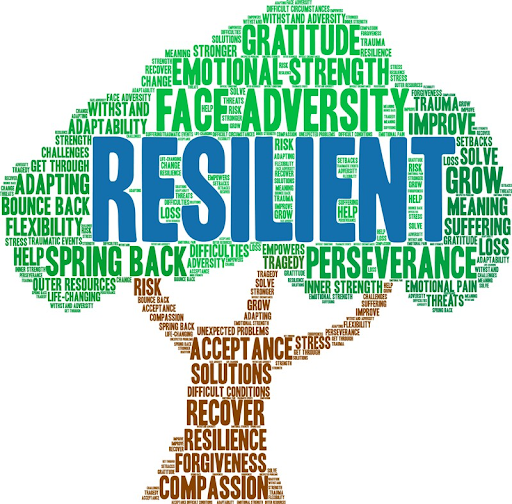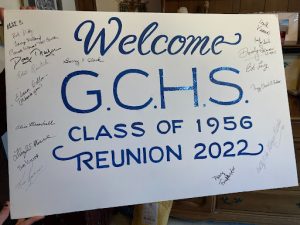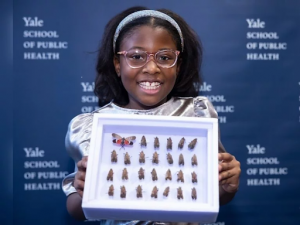The diminishing appeal of the arts could not be more apparent than in today’s society. Current surveys reveal that Americans are essentially abandoning cultural institutions. Since the early 2000s, fewer people have visited art galleries and museums or attended classical music concerts, opera, or ballet. Not to mention, more and more college students are “fleeing the humanities for the computer sciences, having decided that a professional leg up is more important than the state of their souls” (New York Times). In an age of increasing obsessions with instant gratification and passive consumption, there continues to be growing neglect for the value of the humanities, when ironically, this is when the arts are needed most.
The importance of rediscovering the power of the humanities is especially evident due to today’s consumer-driven culture. Kyle Chayka, staff writer for The New Yorker, worries about the erosion of genuine human connection and authentic experiences (NPR). This concern is particularly relevant as the desire to accumulate an excessive amount of unnecessary material possessions or engage in trivial experiences has been exacerbated by social media, yet continues to fail to bring lasting contentment. The interplay between social media, materialism, and the search for fulfillment highlights the need to engage with the arts for a more meaningful existence.
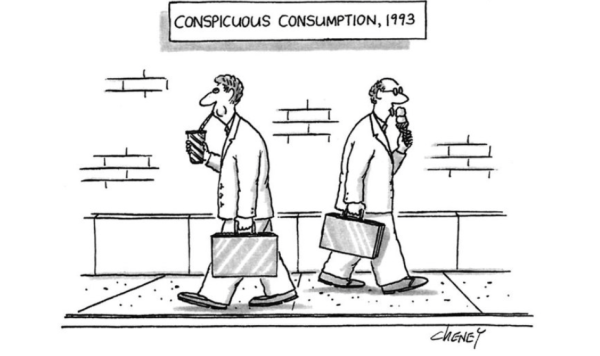
The humanities could provide a means to transcend the superficiality of consumer culture. David Brooks, American conservative political and cultural commentator and opinion columnist for The New York Times, is a proponent of the belief that works of culture enhance our perceptual abilities. He asserts, “we artists learn from other artists. Paintings, poems, novels and music help multiply and refine the models we use to perceive and construct reality. By attending to great perceivers, the Louis Armstrongs, the Jorge Luis Borgeses, the Jane Austens, we can more subtly understand what is going on around us and be better at expressing what we see and feel” (New York Times).
Transcendentalist Ralph Waldo Emerson believed we consume culture to enlarge our hearts and minds. In his essay titled “The American Scholar,” Emerson emphasizes the importance of the mind being an active and creative force. He argues that individuals should not rely solely on the thoughts and ideas of others but should engage with the world directly to cultivate their thoughts and perspectives. Haijing Liang, in her analysis of the essay “Self-Reliance,” explains how Emerson “encourages readers to free themselves from the constraints of conformity” concerning societal expectations (Gale). Emerson maintained that individuals should not only immerse themselves in culture but use these experiences to connect with universal truths and expand their understanding of the world for personal growth and intellectual exploration (Wikipedia). This process initiates with the tiny circle of our own experiences, and the arts allow us to gradually acquire more expansive ways of seeing the world regardless of convention.
Engaging with culture often involves exploring literature. Studies by psychologists Raymond Mar and Keith Oatley found that reading books heightens empathy skills. Fundamentally, Mar and Oately believe literature will sustain its relevance because the engrossing experiences of literature can facilitate the understanding of others who are different from ourselves, augmenting our capacity for empathy and social inference. Since fictional universes are like a reflection of our world today, looking through this perspective fosters the ability to better empathize with others, as we do not all experience the world the same way (Fordham University). Cindy Chen, a former JCHS student and contributor to The Caldron echoes the sentiment that books will endure in their significance. She asserts that literature “extends far past its entertainment value: through analyzing a character’s motivations, we can begin to understand our own, and common literary themes such as injustice, coming of age, prejudice, revenge, and morality will always be relevant so long as we remain human” (The Caldron).
The inadequate representation and appreciation of the humanities is part of why our society is growing increasingly demoralized, under-spiritualized, and uncultured. Consuming culture “furnishes your mind with emotional knowledge and wisdom; it helps you take a richer and more meaningful view of your own experiences; it helps you understand, at least a bit, the depths of what’s going on in the people right around you” (New York Times). We live in a time in which “we’re losing out on crucial ways to understand and improve both the world and ourselves” (BBC). Creating a community of humans engaged in the arts will only improve future work and social environments for subsequent generations.











